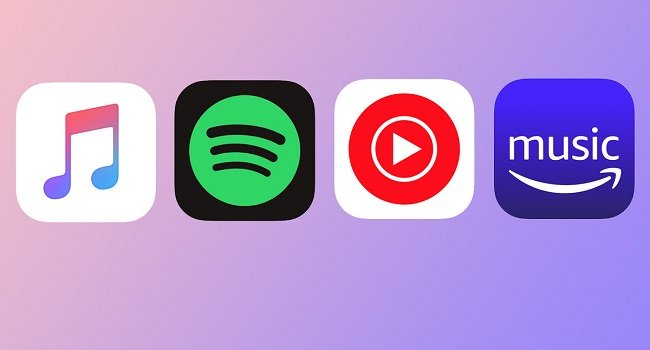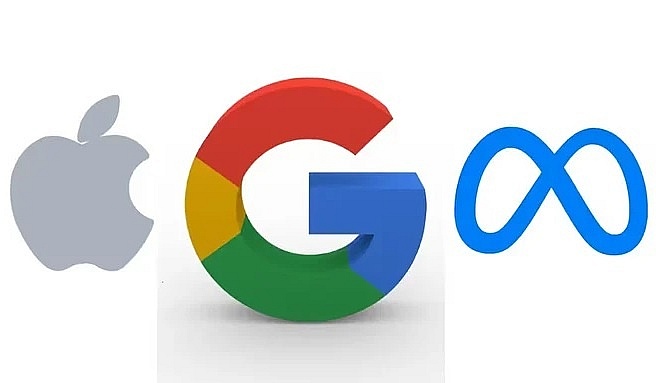The global recorded music business grew by 7.4 percent last year, an industry body said Tuesday
The return of vinyl continued unabated with sales up 23.5 percent on the year before, while CDs continued their steady decline, down 11.9 percent, according to the annual report by the International Federation of the Phonographic Industry (IFPI).
But it is streaming — up 19.9 percent — that has propelled the industry back to growth in the last decade, with overall revenues now at $21.6 billion, close to their level at the turn of the century before the internet began to devastate incomes.
Streaming platforms, led by Spotify, Apple and Deezer, now account for 62.1 percent of global music revenues, the report said, with some 443 million paying subscribers.
South Korean phenomemon BTS topped the overall best-sellers list, followed closely by Taylor Swift, Drake, The Weeknd and Billie Eilish.
Two songs broke through the two billion stream mark: The Weeknd’s “Blinding Lights” (2.72bn) and Tones and I’s “Dance Monkey” (2.34bn), while BTS dominated the album charts in both streaming and physical formats with “Map of the Soul: 7”.
IFPI said a major trend was the growth of global connections, despite pandemic-related travel restrictions.
“K-Pop continues to make great strides, of course, but I would argue the most exciting development this year has been how African music and African artists have been embraced by fans worldwide,” said Simon Robson of Warner Music in the report.
The African region was included for the first time, with growth of 8.4 percent, led by artists such as Burna Boy from Nigeria who picked up a Grammy for best global music album this month.
“What’s incredibly exciting is we now see artists from anywhere in the world have the ability to break into any other market in the world,” Dennis Kooker of Sony Music told a press conference for the report.
“There are no barriers to entry, no barriers to consumers who want to engage with an artist. It’s as exciting now creatively as I’ve ever seen.”
– ‘Misconception’ –
For all the good news, there have been mounting protests over the streaming economy, with many artists saying it benefits only the biggest stars and leaves little for mid-size and niche musicians.
Frances Moore, IFPI’s chief
executive, dismissed claims that there were problems with the industry.
“The research that we did shows that artists’ revenues are higher than the revenues coming back to the industry after costs, etc. So from that point of view, there’s a misconception that artists are not doing well,” she told reporters.
She said the misconception was likely due to level of competition in a world where seven million artists are featured on Spotify, uploading 60,000 tracks per day.
The role of the record company… is about being a partner of the artist,” added Konrad von Lohneysen, of German label Embassy of Music.
“We’re very confident our role will remain as it is and that artists will realise what they have with a label… in letting them to do what they want to do — make art.”



